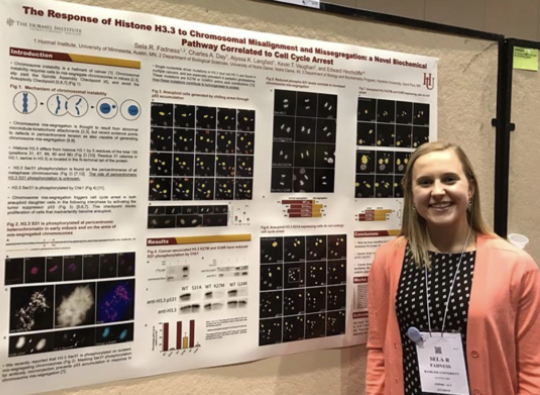Dentistry Program
Pre-professional track
Dental care is about more than telling people to floss and straightening crooked smiles. According to multiple studies by Harvard Medical School, people with poor dental health have higher rates of cardiovascular diseases like heart attacks and strokes. By preventing, diagnosing, and treating problems with patients’ teeth, gums, and mouth, dentists help their patients achieve a higher quality of life and prevent more severe health consequences down the line.
Dentists provide advice and instruction on taking care of the teeth and gums and on diet choices that affect oral health.
They perform many health interventions, including:
- Removing tooth decay and filling cavities
- Repairing or replacing damaged teeth
- Sealing teeth to prevent decay
- Prescribing antibiotics and other medications
- Diagnosing problems using x-rays of teeth, gums, the jaw, and nearby areas
- Creating personalized dental appliances, like dentures and retainers
- Educating patients about diet, flossing, the use of fluoride, and other aspects of dental care
Hamline’s pre-dentistry advising program prepares you to be a competitive applicant for dental school. You'll get hands-on experience in the skills you need for a career as a dentist, as well as support in applying to dental programs.

Thanks to Hamline's emphasis on learning by doing, I was able to present a research project at a biochemistry conference, which was instrumental in my personal and professional goals on my pathway to become a doctor.
Prerequisites for dental school
Hamline’s pre-dental program is not a major. We encourage students to major in a subject they are interested in and work with program advisors to identify and complete coursework that will prepare them for dental school.
All dental schools require applicants to have completed certain science courses, such as biology and chemistry, but specific requirements vary by program. Applications typically require a Dental Admissions Test (DAT) score, letters of recommendation, and personal interviews, and experience shadowing at a dental office. We advise that students determine the specific application requirements for the schools that they are interested in.
Testing timeline
If you plan to move directly into a doctorate program immediately after your undergraduate degree, you must take the DAT no later than June of your junior year. This allows you to apply early in the cycle and increase your chances of admission. Test preparation depends on your ability for studying, but we recommend starting in January of your junior year.
Relevant tests
Resources with test-taking and test-prep information include:
Degree programs
Dental school programs typically include coursework in subjects such as local anesthesia, anatomy, periodontics (the study of oral disease and health), and radiology. All dental school programs include clinical experience in which students work directly with patients under the supervision of a licensed dentist.
Completing a dental program results in one of three degrees: doctor of dental surgery (DDS), doctor of dental medicine (DDM), and doctor of medical dentistry (DMD). In 2015, the Commission on Dental Accreditation, part of the American Dental Association, accredited more than 60 dental school programs.
Application resources
Contact information
-
Undergraduate Admission
-